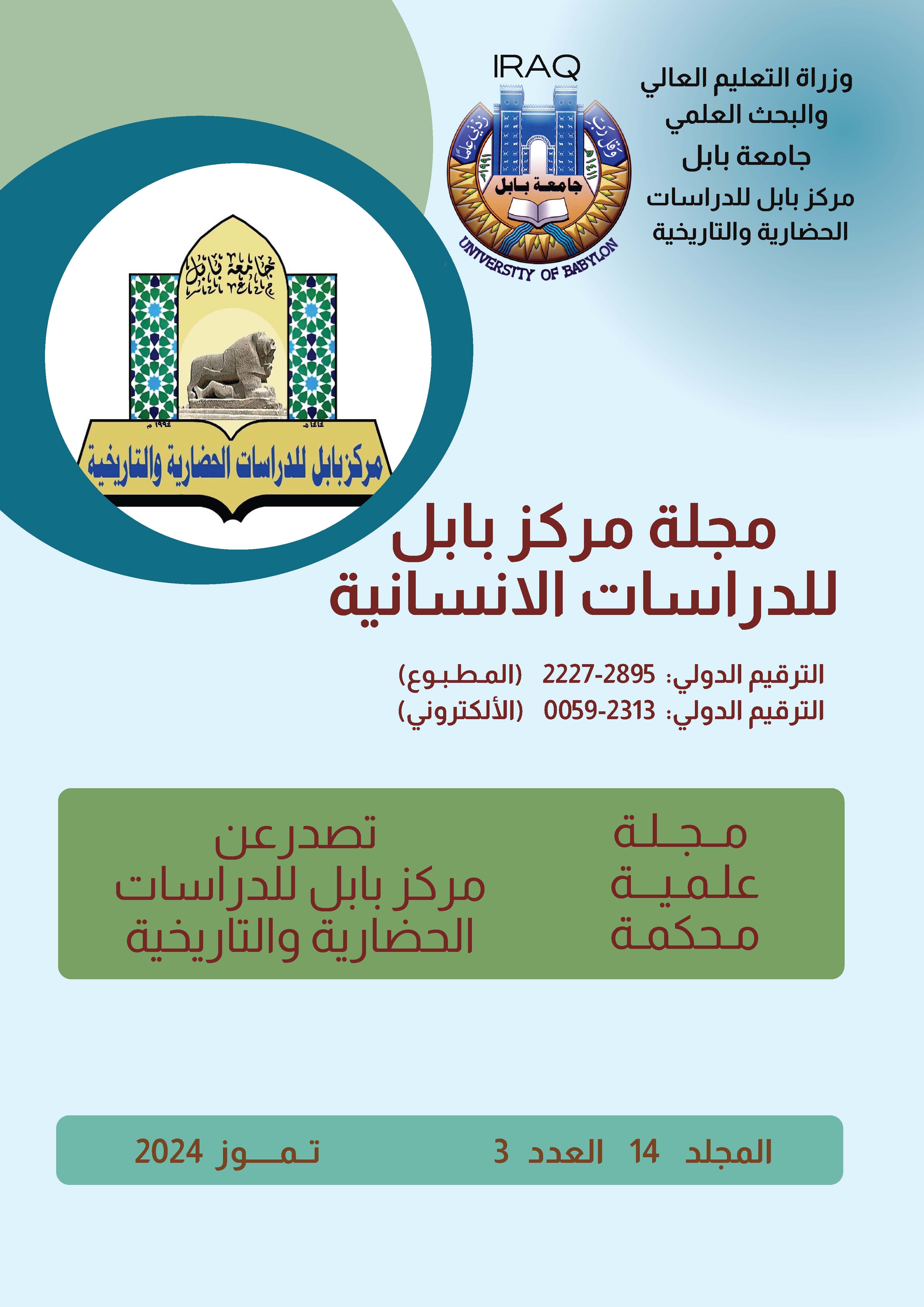Can Texting Writing Style Become a Language in the Future?
Keywords:
texting, instant messaging, text messaging, texting writing style, language characteristics, syntax, morphosyntax, literacyAbstract
Some claim that the texting writing style, which is very common among teenagers, could become a language in the future. This new writing style has major negative effects on the professionalism of the formal English language of the correspondents who use short text messages, based on studies that have proven its negative impact on several linguistic aspects such as syntax, morpho-syntax and literacy. This paper also discusses the purpose of teenagers in adopting this communication method. A question arises “Can text messaging writing style become a language in the future?” In contrast to this belief, this research assumes and argues that this writing style cannot become a language in the future. Generally, the structure of the English language produced by the texters in formal contexts will be affected and lose its linguistic characteristics. More practical studies are needed to examine the negative impact of texting style on other linguistic areas during the production of the English Language, in addition to the need for practical studies applied to other languages about the effect of text messaging on the production of these languages in their correct form in writing and reading by users of the text messaging method of writing.
As it is known the proto-language of English is Indo-European languages and since texting does not have features of language linguists in the future cannot investigate it and say texting had a form or proto- form which is called English then it is changed to texting language that we know now (in the future).







